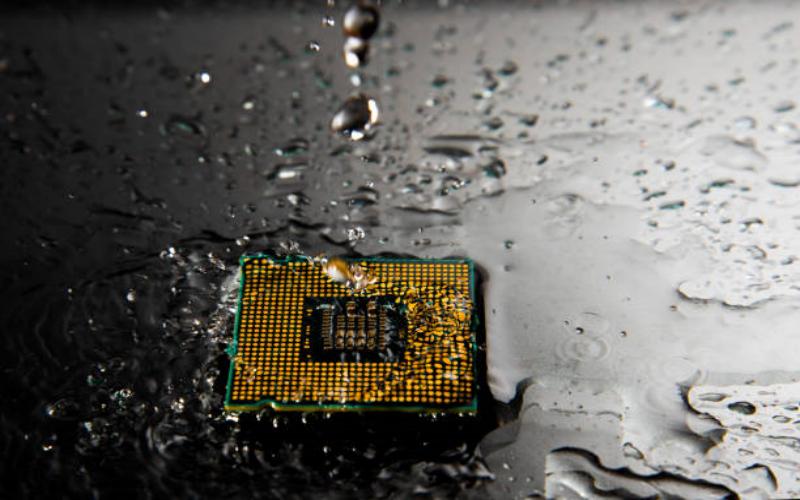Is a Water Cooling Heatsink Noisy? Exploring the Pros and Cons
Water cooling heatsinks have become increasingly popular among computer enthusiasts and gamers due to their superior cooling capabilities. However, one concern that often arises is whether these cooling solutions are noisy. In this article, we will delve into the topic of water cooling heatsinks and explore whether they can be a source of noise in your system.
The Basics of Water Cooling Heatsinks
Before we dive into the noise aspect, let's first understand what water cooling heatsinks are and how they work. A water cooling heatsink, also known as a water block, is a device that transfers heat away from a component, such as a CPU or GPU, using water as the cooling medium. It consists of a base plate that comes into direct contact with the component and a network of channels or tubes that carry the water. The water is typically circulated by a pump, and it passes through a radiator where it is cooled before returning to the water block. This continuous cycle helps maintain optimal temperatures for your components.
Noise Levels of Water Cooling Heatsinks
Now, let's address the main question at hand: Are water cooling heatsinks noisy? The answer is not a straightforward yes or no. While water cooling heatsinks can generate some noise, it is generally much quieter compared to traditional air cooling solutions. The noise level primarily depends on the specific components used in the water cooling setup, such as the pump and fans.
The Pump Noise
The pump is a critical component of a water cooling system, responsible for circulating the water. The noise generated by the pump can vary depending on its quality and design. High-quality pumps are often designed to operate silently or with minimal noise. However, cheaper or older pumps may produce some audible noise, which can range from a subtle hum to a noticeable vibration. It is essential to choose a reliable and reputable pump to minimize any potential noise issues.
The Fan Noise
Another factor that can contribute to the noise level of a water cooling heatsink is the fan(s) used in the radiator. Fans are crucial for dissipating heat from the radiator and maintaining the optimal temperature of the water. Similar to traditional air coolers, fans can generate noise, especially at higher speeds. However, many manufacturers now offer fans with advanced designs, such as larger blades or rubber dampeners, to reduce noise levels. Opting for high-quality, low-noise fans can significantly mitigate any potential noise concerns.
Reducing Noise in Water Cooling Heatsinks
If you are concerned about noise levels in your water cooling heatsink setup, there are several steps you can take to reduce or eliminate any unwanted noise. Here are a few tips:
Choose High-Quality Components
Investing in high-quality components, such as a reliable pump and low-noise fans, can make a significant difference in noise reduction. Research reputable brands and read reviews to ensure you are selecting components known for their quiet operation.
Optimize Fan Speeds
Most modern water cooling systems come with fan speed control options. Adjusting the fan speeds can help strike a balance between cooling performance and noise levels. Lowering the fan speed slightly can often lead to a noticeable reduction in noise without compromising cooling efficiency.
Consider Noise Dampening Solutions
If you are still experiencing excessive noise, you can explore noise dampening solutions. These can include using rubber grommets or anti-vibration mounts to reduce vibrations, or even incorporating sound-absorbing materials in your PC case. These measures can help further minimize any noise generated by the water cooling heatsink.
Conclusion
Water cooling heatsinks can be a fantastic solution for keeping your computer components cool, especially during intensive tasks such as gaming or video editing. While they can generate some noise, it is generally much quieter compared to traditional air cooling solutions. By selecting high-quality components, optimizing fan speeds, and considering noise dampening solutions, you can minimize any potential noise issues and enjoy the benefits of efficient and effective cooling.

